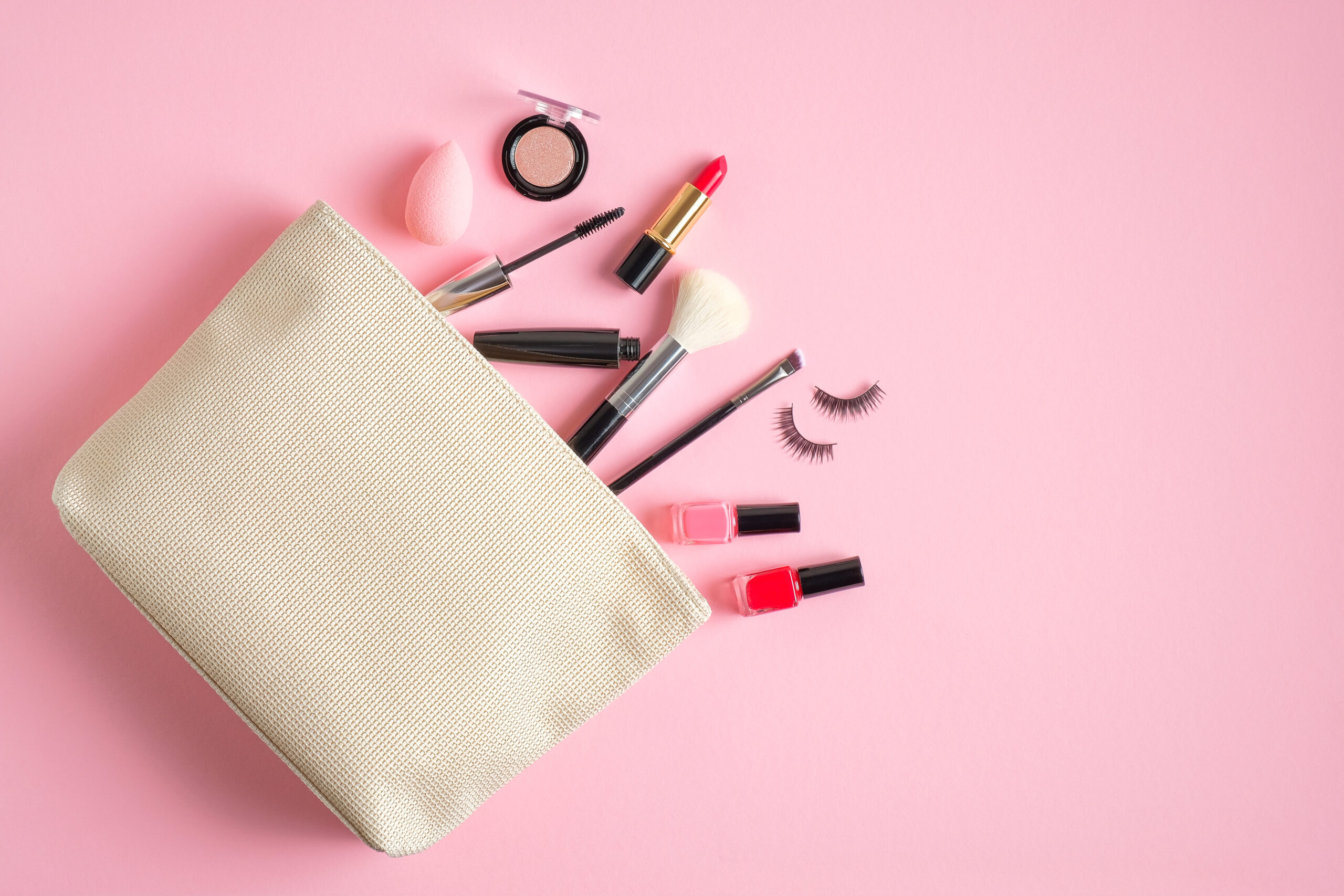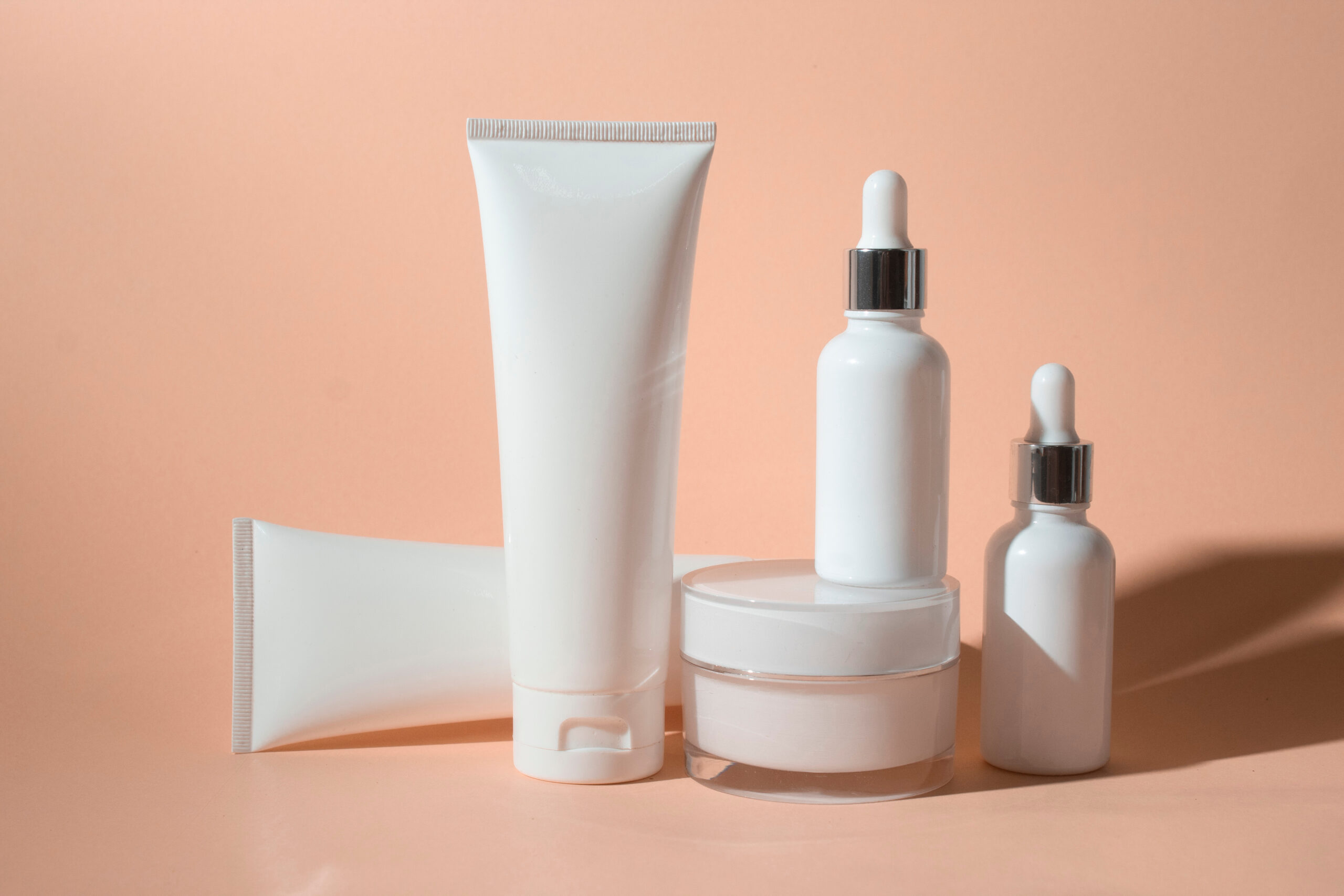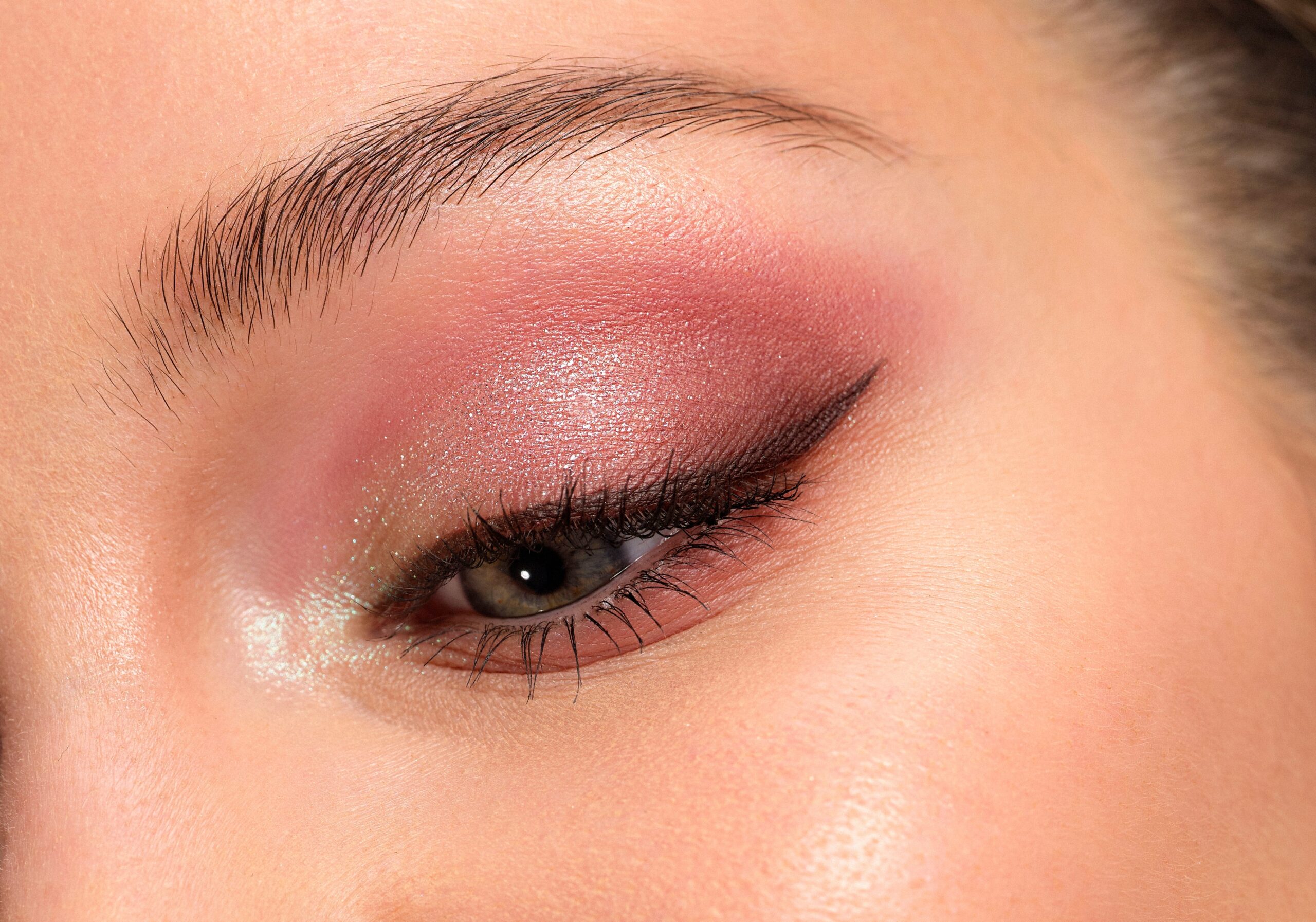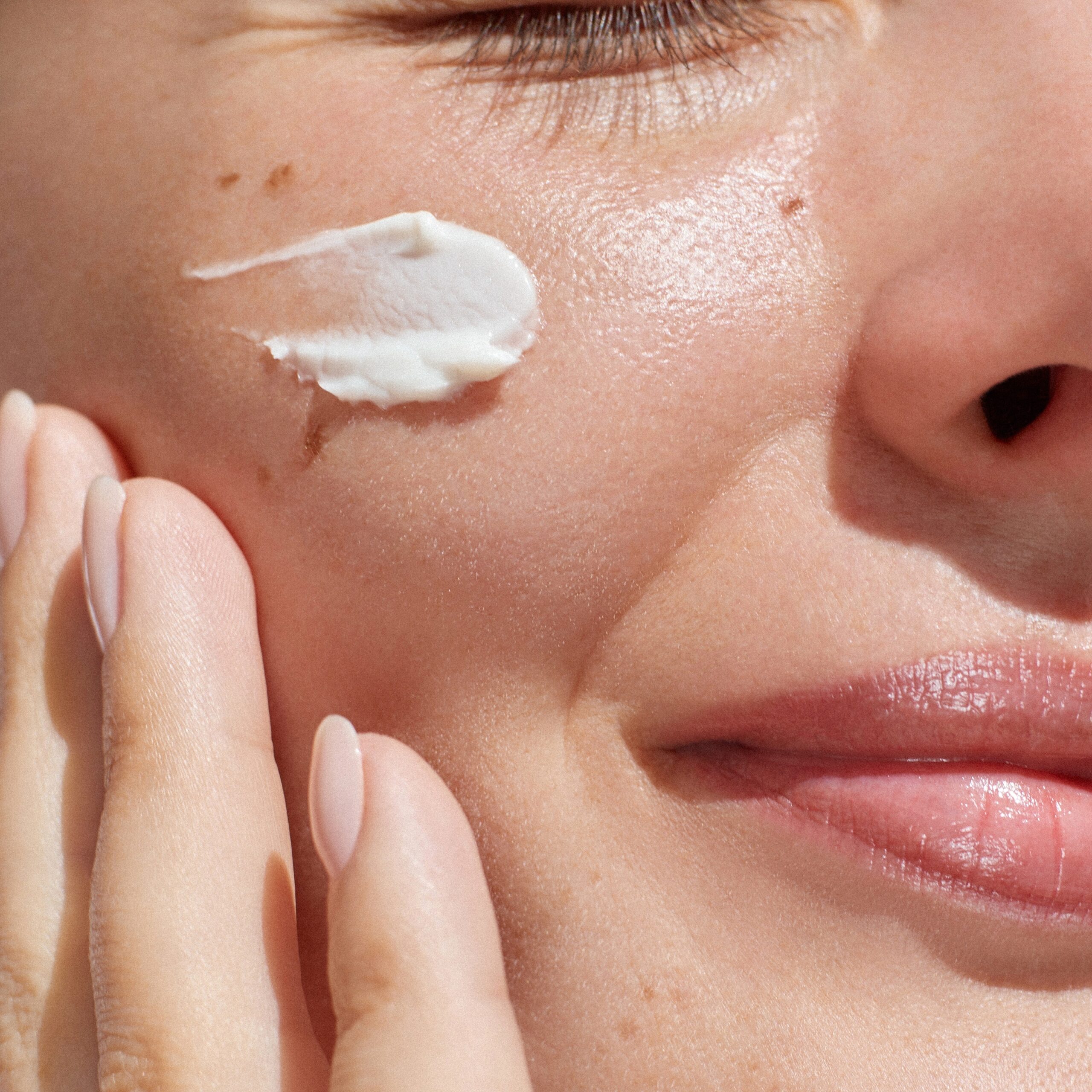
How to Choose the Right Cleanser for Your Skin Type
Choosing a cleanser sounds simple — until you’re staring at a shelf packed with gels, creams, oils, foams and balms, all promising glowing skin. But here’s the truth: the right cleanser for your skin type can make or break your skincare routine. In this blog, we’ll walk you through how cleansers work, what your skin type actually needs, and which textures and ingredients to look for (and avoid) — so you can wash your face without stripping it dry or breaking it out.
Outline
- Why Cleansing Matters
- How to Identify Your Skin Type
- Best Cleanser Types for Each Skin Type
- Dry Skin
- Oily Skin
- Combination Skin
- Sensitive Skin
- Normal Skin
- Ingredients to Look For
- Ingredients to Avoid (Depending on Your Skin)
- Cleansing Mistakes to Avoid
- Final Thoughts
Why Cleansing Matters
Cleansing is the first and most essential step in any skincare routine.
It removes:
- Dirt and sweat
- Makeup and sunscreen
- Excess oil
- Pollution and bacteria
Start with the wrong cleanser, and you could throw off your skin barrier — leading to dryness, breakouts, irritation, or dullness. The right one? It leaves your skin clean, balanced, and ready to soak up the rest of your routine.
How to Identify Your Skin Type
Before you choose your cleanser, know your skin type. If you’re unsure, try the bare face test:
- Wash your face with a gentle cleanser
- Pat dry and leave skin bare (no products) for one hour
- Assess:
| What You Notice | Skin Type |
|---|---|
| Feels tight, flaky | Dry |
| Looks shiny all over | Oily |
| Shiny in T-zone, dry elsewhere | Combination |
| Red, itchy, or reactive | Sensitive |
| Feels comfortable and balanced | Normal |
Best Cleanser Types for Each Skin Type
Dry Skin
What it needs: Hydration, nourishment, and no harsh foaming.
Best cleanser types:
- Cream cleansers
- Milk cleansers
- Cleansing balms or oils
Look for:
- Hyaluronic acid
- Glycerin
- Ceramides
Avoid anything that leaves your face feeling “squeaky clean” — that means it’s too stripping.
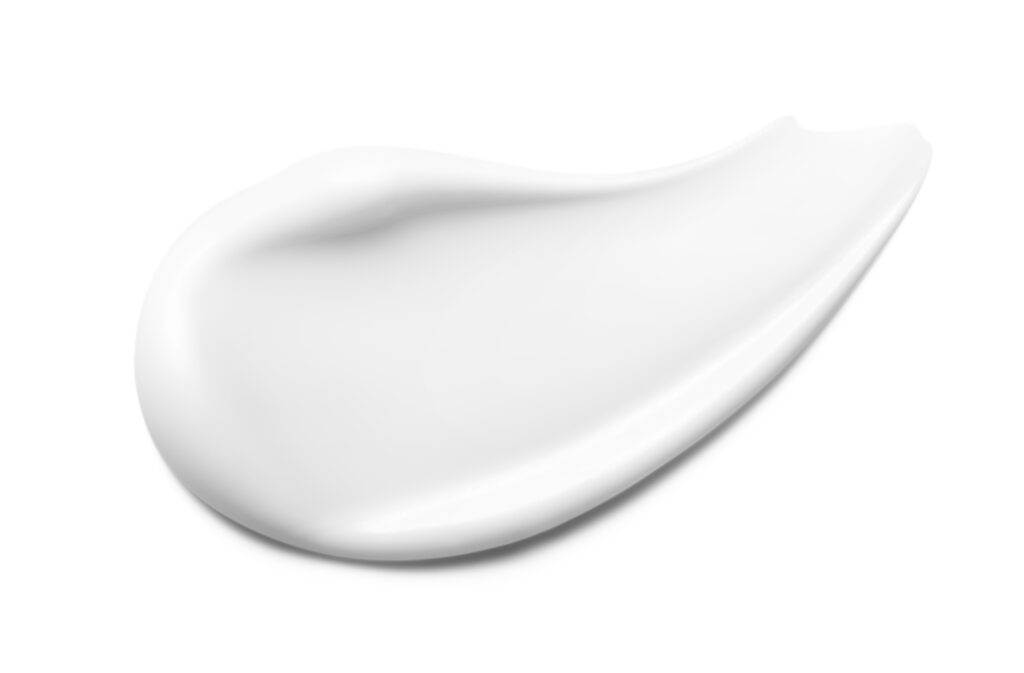
Oily Skin
What it needs: Gentle cleansing that removes oil without over-drying (which causes more oil production).
Best cleanser types:
- Gel cleansers
- Foaming cleansers (only if they’re sulphate-free)
- Clay-based cleansers
Look for:
- Salicylic acid (BHA)
- Tea tree oil
- Niacinamide
🌿 Avoid thick, heavy creams or oils — they can clog pores.
Combination Skin
What it needs: Balance. Something that cleans the T-zone without drying out the cheeks.
Best cleanser types:
- Gentle gel cleansers
- Lightweight cream cleansers
- Non-stripping foams
Look for:
- Niacinamide
- Aloe vera
- Green tea
🌈 You might even use different cleansers on different areas if needed.
Sensitive Skin
What it needs: Calm, gentle formulas that protect the skin barrier.
Best cleanser types:
- Fragrance-free cream cleansers
- Micellar water (for non-heavy makeup days)
- Milk cleansers
Look for:
- Oat extract
- Centella asiatica
- Panthenol
Avoid essential oils, strong acids, or alcohol-based cleansers.
Normal Skin
What it needs: Maintenance and gentle cleansing — lucky you!
Best cleanser types:
- Any gentle gel, cream, or milk cleanser
- Micellar water as a light option
Look for:
- Antioxidants (vitamin E, green tea)
- Light hydration boosters
Even normal skin can react to overly harsh products, so keep it balanced.
Ingredients to Look For
🧪 Great ingredients across all skin types (when paired correctly):
- Glycerin – draws moisture into the skin
- Ceramides – strengthen your skin barrier
- Niacinamide – balances oil and reduces redness
- Aloe vera – soothes and calms
- Green tea extract – antioxidant and anti-inflammatory
- Panthenol (Vitamin B5) – healing and hydrating
Ingredients to Avoid (Depending on Your Skin)
Avoid these if your skin is sensitive or dry:
- Alcohol denat.
- Artificial fragrance
- Essential oils (e.g., lavender, citrus)
- Sodium lauryl sulphate (SLS)
For oily/acne-prone skin:
- Coconut oil or shea butter (can clog pores)
- Heavy mineral oils
- Comedogenic ingredients
Cleansing Mistakes to Avoid
- Over-cleansing
– Twice a day is enough. More can damage your barrier. - Using hot water
– Use lukewarm water. Hot water strips the skin. - Skipping the cleanse at night
– Even if you didn’t wear makeup — your skin needs a reset. - Using body soap on your face
– Please don’t. Face skin = more delicate. - Not patch testing new cleansers
– Especially important for sensitive or acne-prone skin.
Final Thoughts
Your cleanser doesn’t need to be fancy or expensive — it just needs to be right for your skin type. A good cleanser sets the tone for your entire skincare routine.
✨ The right match will leave your skin feeling:
- Clean but not tight
- Refreshed, not red
- Balanced, not squeaky
Still unsure what to choose? Start simple. Choose a gentle formula for your skin type and give it 2–3 weeks. Then tweak as needed — your skin will tell you what it loves.
